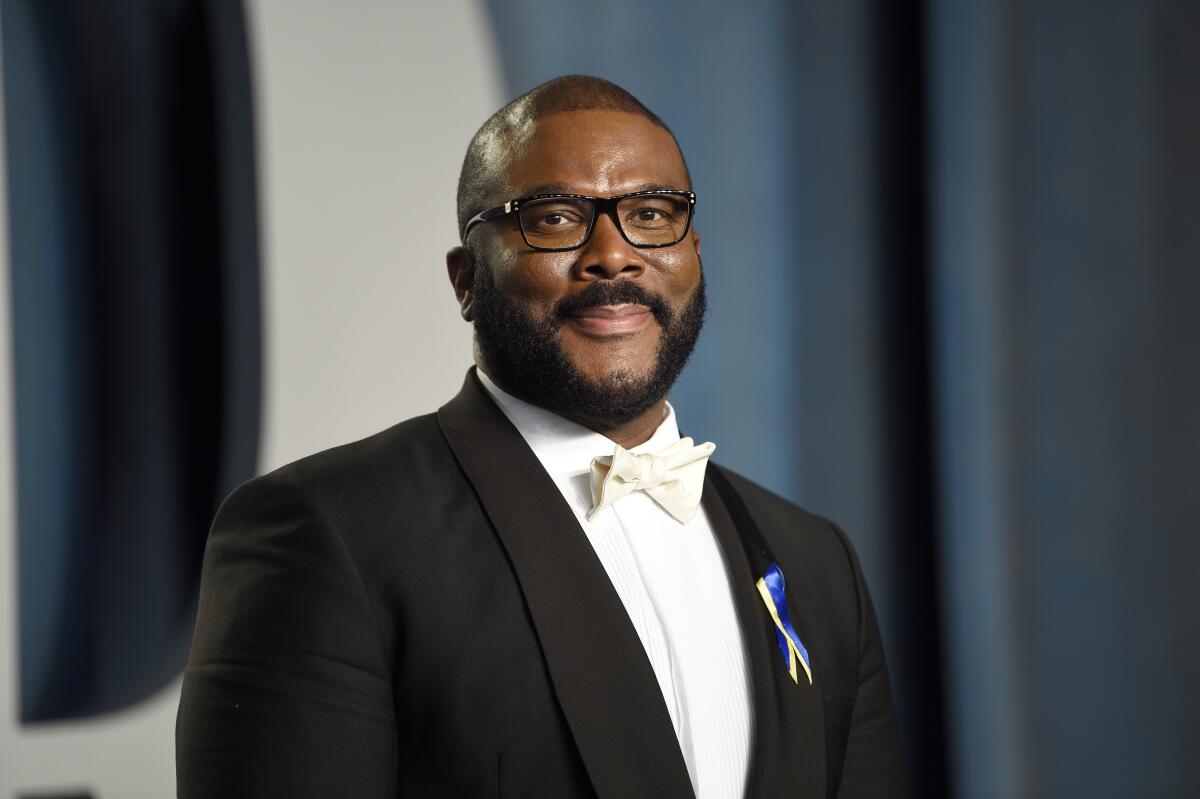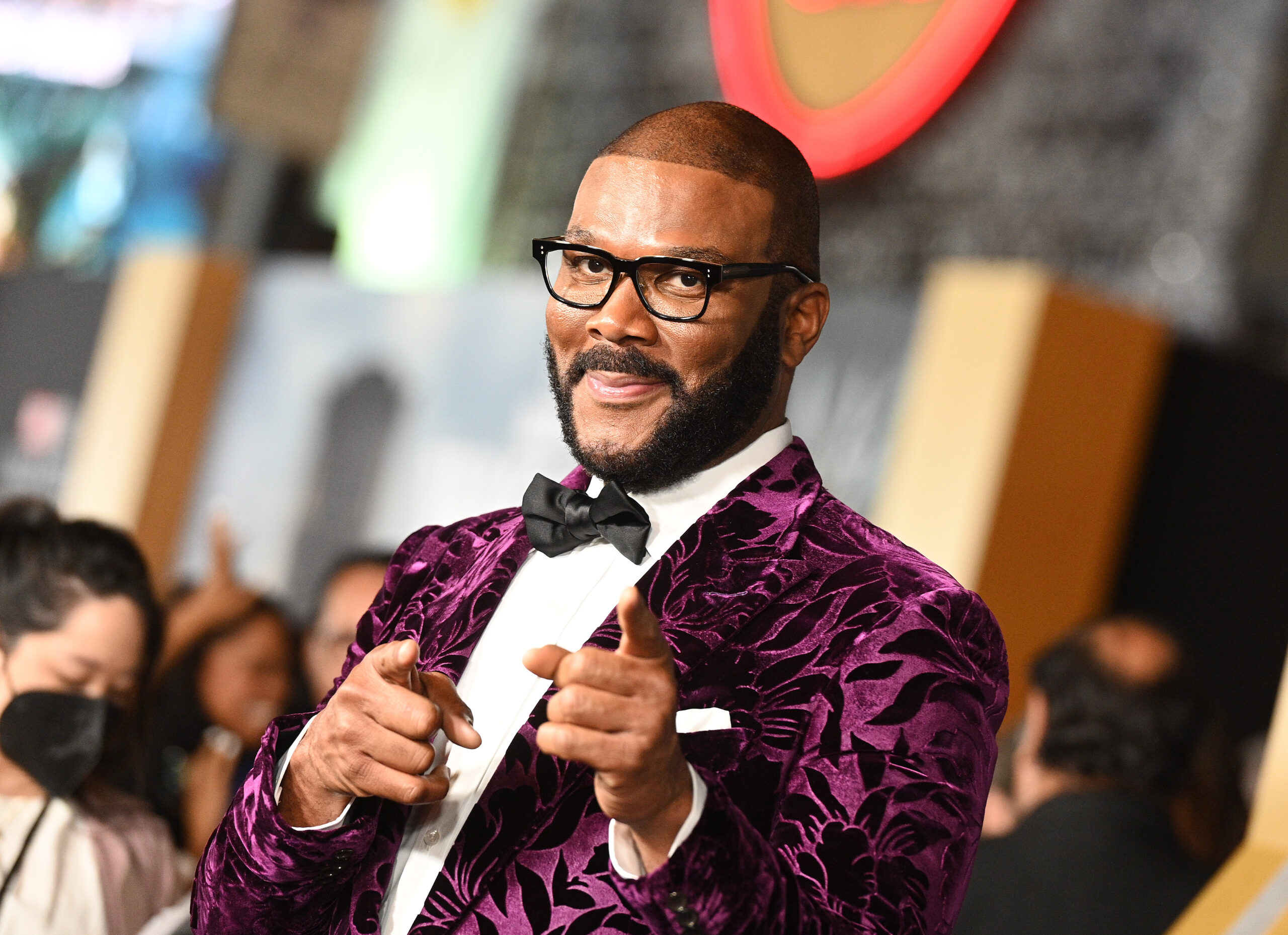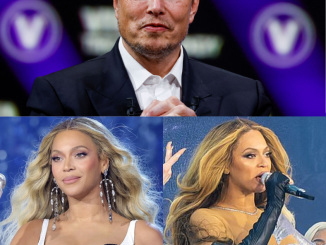The entertainment industry thrives on collaboration and creativity, yet recent developments indicate a significant rift is forming within Hollywood.
Notably, a growing number of prominent Black actors have publicly declared they will no longer work with filmmaker and media mogul Tyler Perry.
As speculation mounts, industry insiders and fans alike are asking the question: what’s the real mystery behind this unprecedented boycott?
An Unfolding Hollywood Drama
Tyler Perry, known for his highly successful film empire, including the iconic character Madea, has built an impressive media powerhouse, becoming one of the most influential figures in Hollywood.

Yet despite his remarkable professional achievements and commendable philanthropic endeavors, Perry now finds himself at the heart of an explosive controversy.
In recent months, numerous acclaimed Black actors have issued public statements distancing themselves from Perry’s projects.
Stars like Idris Elba, Viola Davis, Michael B. Jordan, Lupita Nyong’o, and Angela Bassett have all notably pledged not to participate in future Tyler Perry productions. Such collective actions have stunned fans and media analysts alike, prompting widespread speculation.
Roots of Discontent
Initial theories circulated by the media and fans suggested disputes over compensation or contractual disagreements as possible motivations behind the boycott.
However, deeper investigations indicate the roots may stem from creative and ideological conflicts.
Sources close to the situation have anonymously revealed that the actors involved in the boycott have expressed concerns regarding Perry’s approach to storytelling, characterization, and depiction of Black experiences.
They argue that while Perry’s films have significantly increased visibility for Black actors, they simultaneously reinforce outdated stereotypes and limit opportunities for more nuanced, diverse portrayals.

The Question of Representation
Critics have long debated the merits and faults of Tyler Perry’s creative style. Perry’s productions, praised for their ability to engage wide audiences, have often been criticized for portraying Black characters through narrow and repetitive lenses.
Themes of dysfunctional families, comedic tropes rooted in stereotypes, and overly simplistic moral narratives have frequently appeared across Perry’s cinematic universe.
Leading actors behind the boycott have privately expressed frustration at what they see as Perry’s refusal to evolve his storytelling approach.
Industry veterans suggest that high-caliber actors now prioritize roles that explore deeper narratives reflective of the contemporary Black experience and challenge stereotypes that have historically constrained Black artists in Hollywood.
A Unified Stand for Change
In an unprecedented demonstration of solidarity, the participating actors have unified their stance not merely as individual preferences but as an organized call for structural changes in the entertainment industry’s portrayal of Black lives. Viola Davis emphasized this in a recent statement:
“It’s imperative to advance storytelling that authentically reflects our complexities, struggles, triumphs, and truths,” Davis declared. “Our collective refusal is a stand against perpetuating a monolithic portrayal of Black identity.”

Michael B. Jordan echoed Davis, urging Hollywood executives and creators to foster environments that allow Black artists greater agency and diversity in their roles.
Industry Reactions and Potential Impacts
The ongoing situation has sent shockwaves across Hollywood, prompting both admiration and criticism. Many applaud the courage and commitment of the boycotting actors, believing such bold moves are necessary to push Hollywood toward more meaningful and responsible representation.
Conversely, supporters of Perry argue that his films have provided much-needed representation, employment opportunities, and have consistently elevated Black voices within mainstream media.
They caution against disregarding Perry’s substantial contributions, highlighting his unprecedented success as an independent Black filmmaker.
Experts predict the boycott may influence future industry decisions, compelling filmmakers and producers to reconsider how they portray Black experiences on screen.
Additionally, streaming platforms and traditional studios might now be more inclined to support nuanced narratives that authentically depict diverse communities.

Tyler Perry’s Response
Tyler Perry has responded to the boycott calmly yet firmly, acknowledging concerns while defending his creative approach:
“I respect and understand the perspectives shared,” Perry stated recently. “My stories are born from my own experiences and the communities I grew up in.
While I strive to evolve and grow, I remain committed to telling stories that resonate genuinely with many who often feel unseen.”
Perry also indicated openness toward dialogue, inviting actors and industry leaders to discuss how storytelling in his productions might better align with contemporary values and expectations.
The Broader Context: Hollywood’s Reckoning
This controversy emerges against a broader backdrop of cultural change within Hollywood, marked by increasing demand for authenticity, representation, and equity.
Movements like OscarsSoWhite, Black Lives Matter, and ongoing dialogues around systemic racism and inclusion have profoundly influenced industry standards and public expectations.

Consequently, Hollywood is experiencing a critical transformation period, driven by creators and audiences demanding content reflective of societal realities and aspirations.
This Tyler Perry boycott thus becomes emblematic of larger industry trends toward accountability, representation, and equitable storytelling.
What Lies Ahead?
As this controversy unfolds, the impact on Tyler Perry’s career and Hollywood at large remains uncertain. Industry insiders speculate whether Perry will adjust his approach to storytelling or if other prominent actors may join or oppose the current boycott.
Regardless of the immediate outcomes, one thing remains clear: the unified stance taken by some of Hollywood’s top Black actors signifies a powerful moment of industry reflection and potential transformation.
It underscores the urgent necessity for meaningful, authentic storytelling reflective of diverse experiences.
Ultimately, the resolution of this unfolding drama will likely influence how Hollywood evolves in representing Black voices.
Whether this controversy sparks substantial change or deepens existing divisions remains to be seen, but it undoubtedly marks a pivotal moment in showbiz history.


